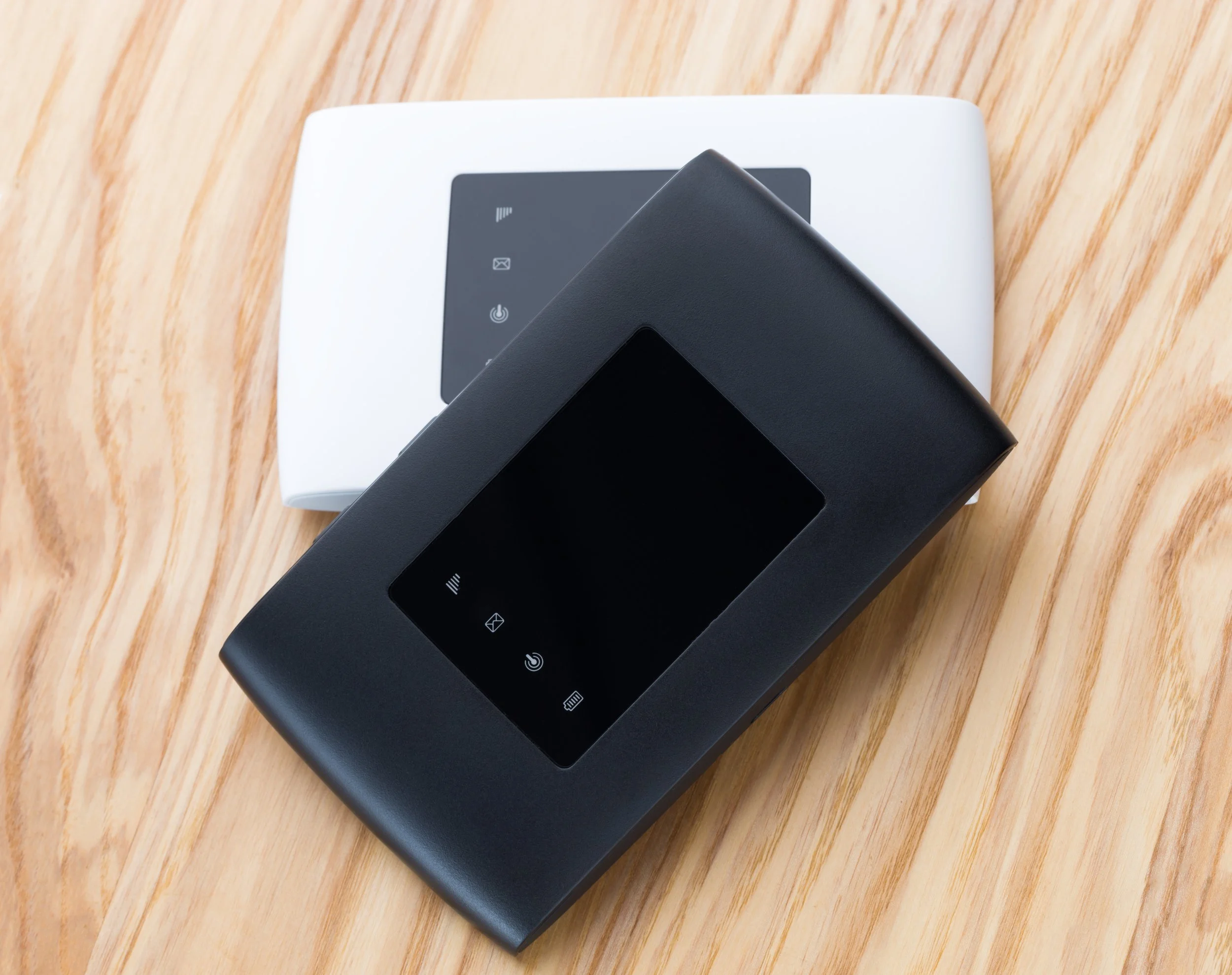Don't Lose Internet Access When Traveling
I have writer's block today, so I procrastinated. To keep busy, I started cleaning, and now my place is immaculate. I guess procrastination is not always a bad thing.
Having internet access is essential when traveling. Specifically, a phone connected to the internet is one of the most valuable items for navigation and communication.
However, having a "connected" phone in a different country can be expensive. One time, I forgot to put my phone on airplane mode in a foreign country and had to pay hundreds of dollars in surcharges on my phone bill. This guide covers how to stay connected while in a different country.
Do nothing - use free public wifi
Suitable for: People with low bandwidth needs who are visiting a metropolitan area.
Advantages
Cheap: Public wifi is often free and it's easy to find. Most hotels, Airbnbs, and cafes provide free wifi.
Disadvantages
Inconsistent wifi service: Some locations, ESPECIALLY THE AIRBNBS, have slow wifi speeds, or the service fails altogether because too many people are on the router. It is not uncommon to hunt for a location with good wifi.
Emergencies: If anything goes wrong back at home or on a trip, it's more challenging to handle the situation.
Limited mobility: The user doesn't have internet access beyond the wifi range. Thus, it's not uncommon to see people spend hours in one location. See my above comment about hunting for wifi.
International day pass
The big 3 carriers (Verizon, AT&T, and T-Mobile) have a temporary plan available for international travel. For example, AT&T has a $10/day International pass. With this plan, international calls, texts, and data are all available. The global plan options vary depending on the carrier so read the fine print.
Suitable for: Short-term travel
Advantages:
The existing domestic number is still active, so friends/family back home can easily reach you.
Convenience: Freedom! Always connected where there is a cellular service
The phone can make international calls and send/receive texts
Disadvantage:
More expensive than the other options, especially for long-term travel.
Local SIM card
Getting a cellular plan in a foreign country sounds expensive, but you can find affordable options. Make sure your phone is unlocked to use this option.
Suitable for: Long-term travel
Advantages:
Full access: The phone can do everything just like home (e.g. calls, text messages, and data)
The phone has a dedicated local number that can make calls, send/receive text messages
Inexpensive: Depending on the country, plans are available for $20 or less with calling, texting, and data included
Disadvantages:
Limited data: It may not be the best option for those that use a lot of data (>15 gigs/month).
A language barrier may pose difficulty in getting the right plan or having to reload minutes/data
No internet access when initially arriving in a foreign country. The user has to hunt down a store that sells SIM cards. Please don't buy SIM cards at the airport. Those SIM cards are overpriced.
Pay roaming charges for US calls and text messages so people back home may have more difficulty reaching you.
Digital SIM services
Digital eSIM service is like the local SIM option, but everything is managed from an app instead of a physical SIM card. (e.g., Airalo)
Suitable for: Those that want the benefits of a local SIM without finding a store that sells SIM cards.
Advantages
Convenience: Because apps like Airalo use digital eSIM technology, the user can change cell phone plans directly from the app, and they can add more money to a given plan.
Affordable pricing options
No need to worry about misplacing SIM cards. Trust me, it's scary losing a SIM card!
Disadvantages:
Pay roaming charges for US calls and text messages so people back home may have more difficulty reaching you.
Mobile hotspot
A mobile hotspot is a dedicated device that provides internet access.
Suitable for: This option is great for group travel that involves multiple devices. A mobile hotspot is also great for those with high bandwidth needs.
Advantages
Mobile hotspots have a stronger signal since the device has larger antennas. Thus, mobile hotspots are great when traveling in remote locations.
Since the mobile hotspot is dedicated to providing service, the internet speeds are faster, and the hotspot can easily handle multiple devices.
Disadvantages:
Luggage space is precious so having to bring a mobile hotspot on a trip is another device to manage.
More expensive: Mobile hotspots can cost hundreds of dollars just for the hardware.
Pay roaming charges for US calls and text messages so people back home may have more difficulty reaching you.
Requires a separate data plan
International friendly plan
Suitable for: Those that frequently travel but still want to stay connected to their home base. Google Fi has a great international plan.
Advantages:
The existing domestic number is still active, so friends/family back home can easily reach you.
Convenience:
Have internet access as soon as you get off the plane.
There's just one monthly bill.
There's no need to swap out SIM cards.
Disadvantages:
More expensive than purchasing a local SIM card.
Read the fine print carefully because some countries are not covered.
Cell phone service may not be the best.
It may be more expensive than a regular US phone plan, especially if only one person is on it.
What will you choose? For me, Google Fi is the best option because I can keep my existing number and still have the convenience of always being connected.
How do you get service when you’re in a different country?
Previous Posts
Follow Me on Instagram
















